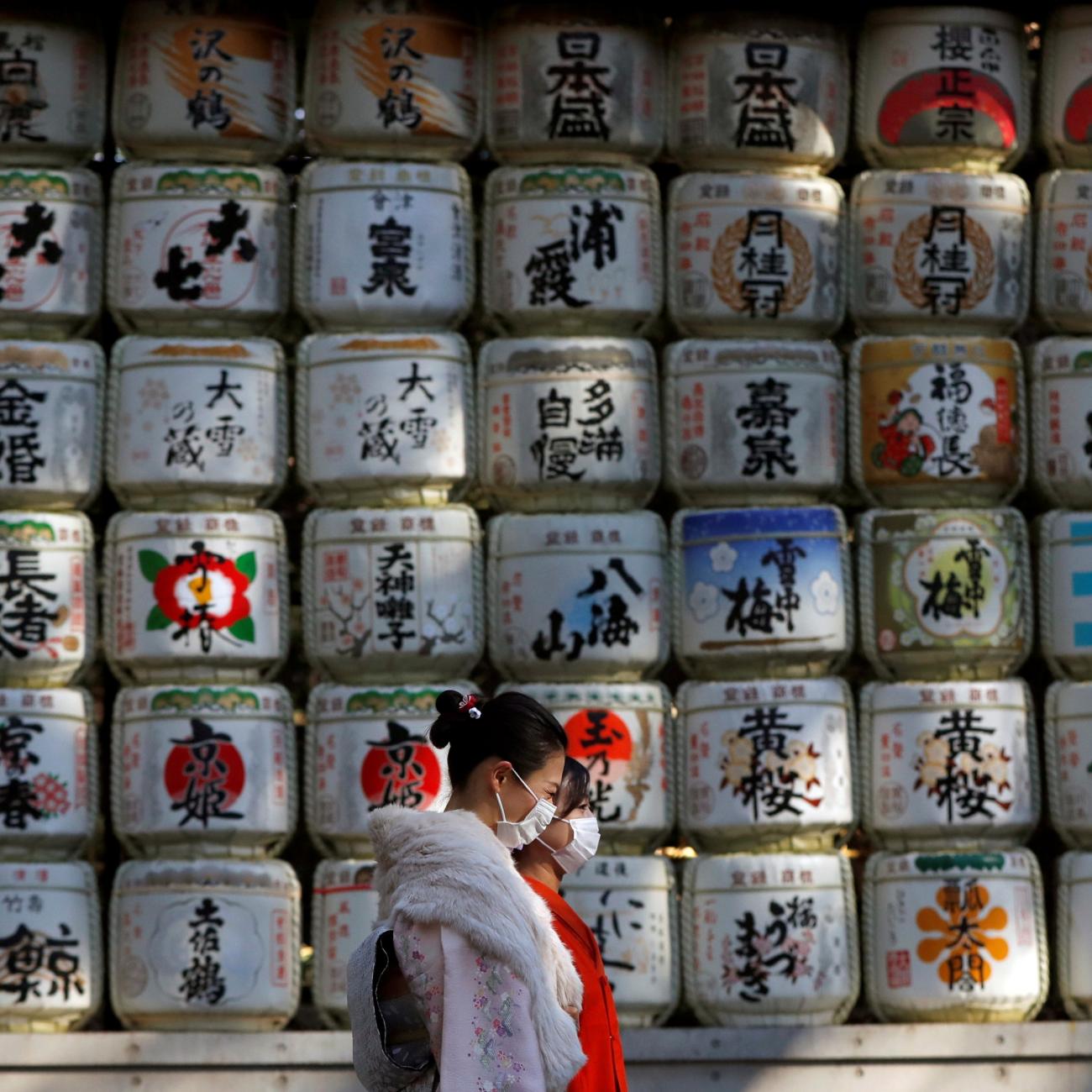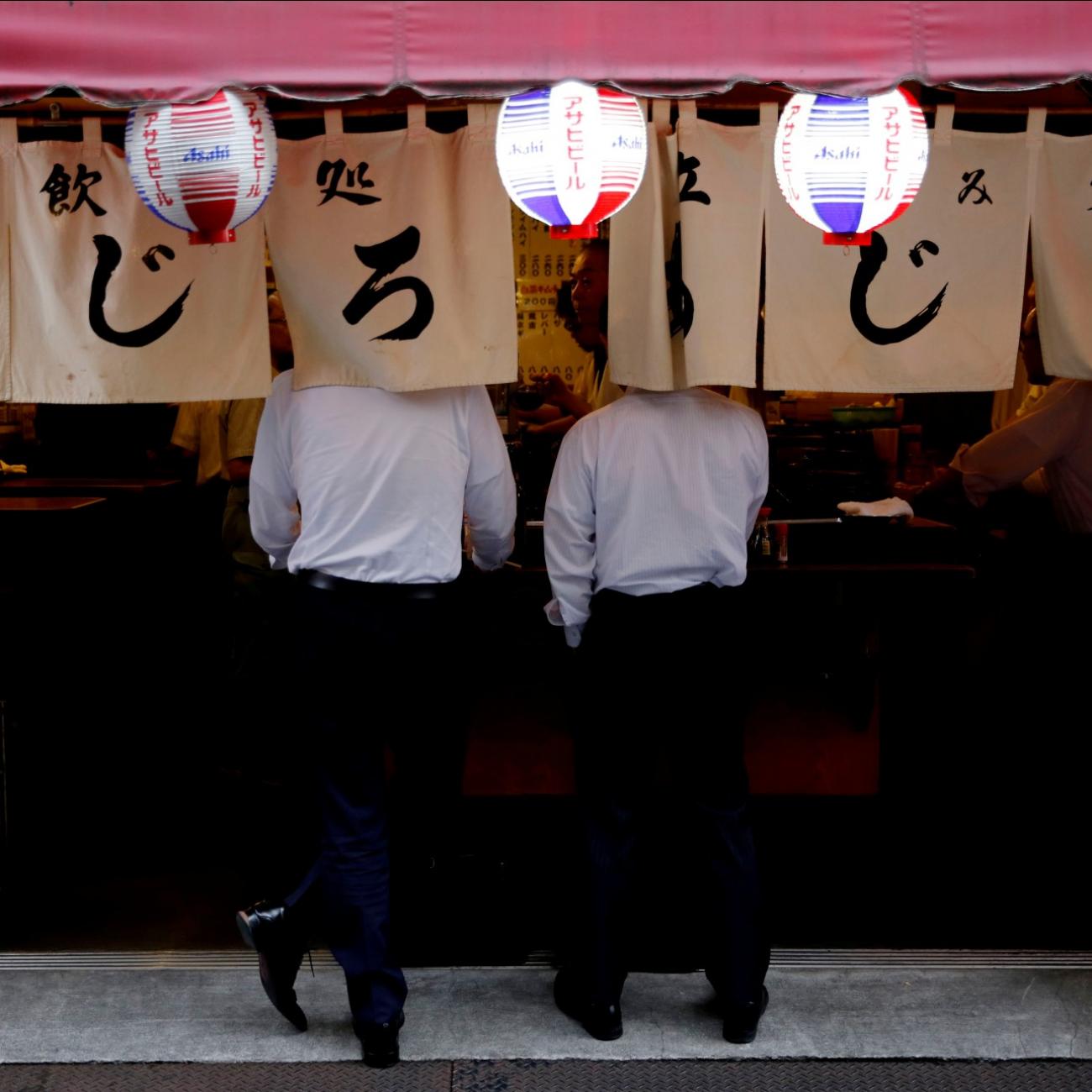Philanthropists and foundations focused on improving global public health have a blind spot: alcohol.
Particularly in the United States, where alcohol now kills more than 140,000 people annually, no major donors back any significant programs that focused on reducing excess drinking. In late 2022, when the charity GiveWell granted $15 million to tackle alcohol-related harms in low- and middle-income countries, that donation was the exception rather than the rule.
It wasn’t always this way. In the late 1990s and early 2000s, the Robert Wood Johnson Foundation (RJWF) funded several programs that focused on reducing the harms of alcohol. They were directed by Richard Yoast. Yoast, who had previously worked in alcohol and tobacco control at the University of Wisconsin–Madison and at the state health department, split his time between RWJF and the American Medical Association, where he was the chief scientist on substance misuse issues.
Now semi-retired in Santa Fe, New Mexico, he spoke with Think Global Health about this neglected cause of noncommunicable disease and injury, the impact philanthropies could have on excess drinking, and the liabilities of a foundation-driven social movement.
□ □ □ □ □ □ □ □ □ □ □ □ □ □ □
Think Global Health: How does a person who gets their PhD in political science end up having a career in public health?
Richard Yoast: Chance. I didn’t realize I had a career until I looked back.
I’ve often been a lateral thinker—my dissertation was on anarchists in Argentina [and] a lot of the coursework that I took was on how policies evolved and were made—but I’ve gotten the impression over time that many students in public health and social work are clueless in terms of how it’s almost a totally political issue. I consider public health [to be] the outcome of political decisions. Values and traditions are factors, of course, but most is determined by public policy. I think many students are totally unaware of that.
Many students in public health and social work are clueless in terms of how it’s almost a totally political issue.
Think Global Health: What was the history of RWJF’s interest in alcohol?
Richard Yoast: The foundation had a great deal of experience in tobacco. It had funded a lot of research institutes and also had a project called Smokeless States, which had state coalitions around the country. That had been really successful. Thus it decided to venture into alcohol issues and began to do the same thing it had done with smoking, which was to fund researchers, to fund state and local projects, coalitions, and then to start setting up a system for advocacy. There wasn’t as much of one in alcohol as there was in tobacco.
Think Global Health: How urgent or important did alcohol seem at the time to you?
Richard Yoast: I had always seen alcohol as the number one drug issue. In fact, my first interaction with the alcohol industry (while at the University of Wisconsin) was when we put out a middle school pamphlet titled “Alcohol is the number one drug of abuse.” They came after me like gangbusters. They tried to get the university to throw me out and to ban the thing. Wisconsin has a lot of beer companies, and they saw the pamphlet as horrible. The university, fortunately, stood up for us. Then they tried to go after us in the state government, but again, because some of the bureaucrats in the Health and Social Services Department had funded us, they said, “Leave them alone.”
Think Global Health: In your role at RWJF, what did you see as the elements that need to come together to make change on the issue?
Richard Yoast: From the start, our focus was public policy.
We had three projects: to reduce underage drinking, to reduce binge drinking on college campuses, and to enhance media advocacy. The idea was that people’s behaviors are largely shaped by their environment, which includes public policy, university policy, communities.
Other groups saw the whole thing as a social norms issue and, in some ways, were decidedly antagonistic to our projects. It’s an ongoing battle, I think. The alcohol industry supports the social norms approach because it doesn't touch them: you blame the drinkers and you blame society and leave all the alcohol producers and vendors alone, which is really their agenda.
Think Global Health: How can philanthropy change that?
Richard Yoast: I think RWJF started to. Both our state and university-city coalitions started uncovering large numbers of people and groups who had a stake in the issue.
Enthusiasm about these issues is tremendous, as is frustration. On the one hand there is a tendency for people to think of the alcoholics or the “problem drinkers” who they know, and to personalize it. On the other hand, if groups start to look at this as a public health issue, people start flocking to you. But no central organization funds and nurtures these people.
People are unaware of how much power they have in affecting local and state decision-making. They feel sort of helpless: “We’re just citizens; why should they listen?” When you start waking that power up in them, you'll see a lot of advocates out there. Some want to work on their own and others want to join coalitions or organizations. You need to provide things for them to join.
Most of the media coverage on alcohol focuses on individual drinkers and drunk drivers. That’s exactly where the alcohol industry wants it, to skirt the idea that the common issue with all alcohol problems is alcohol. As we often said, the issue needs to be reframed. No large organizations are out there reframing the issue, purposely.
A lot of (RWJF) sites started finding that unless you had a lot of local control, state legislation preempts anything you can do locally. The higher up you get with these industries, the more power they have. Whether it’s alcohol or tobacco or guns, they have much less power at the local level because the issue is immediate for people. It’s hard to bribe local city councils because they’re mostly there because of their caring about what's going on in their communities. So the extent to which these industries can get the issue away from the communities, the more likely they'll have control.
Think Global Health: At the time, was RWJF the biggest foundation focused on alcohol?
Large foundations have a certain arrogance: they have the money, they have control, and then they attach their egos to that.
Richard Yoast: It was almost the only one.
Some philanthropies did focus on local treatment issues. The other big area is drinking and driving, and a number of organizations focused on that for youth drinking, but they didn’t have a lot of money—they mostly were just volunteers. Mothers Against Drunk Driving, for example, was always a victims’ assistance organization and never wanted to veer too far from that focus. Most United Ways locally would not touch alcohol issues because they usually had alcohol vendors or bar owners on their boards. Toward the end of my projects, RWJF sent staff out to talk with other large foundations like [the W.W. Kellogg Foundation], and others involved in the social change area, and none of them wanted to touch it.
We were really lucky [on] the tobacco issue. We’re talking about a very different product: most smokers want to quit, [whereas] most drinkers don’t want to quit. It’s not a product that people love or would defend, whereas they do with alcohol.
The tobacco industry was much more centralized in terms of a few states [where it is produced]. The alcohol industry was very savvy, looking at all of their allies: bars, the hospitality industry. . . . The wine industry looked and said, “we have to have more wineries around the country so that we can have more local influence and say this is a local business you're going to hurt.” So it started funding startup businesses around the country.
Think Global Health: How did RWJF’s involvement end?
Richard Yoast: A new president came in. RWJF reorganized, dropped everything, and went to a new topic. A real problem when you have foundations funding things is that the only public obligation they really have is to get the money out. RWJF didn’t see any obligation to all the people who were risking their reputations by challenging the alcohol industry, who had started working on this issue. Large foundations have a certain arrogance: they have the money, they have control, and then they attach their egos to that.
Think Global Health: What do you see now, as a bystander, on the role philanthropies have played in alcohol policies since?
Richard Yoast: The funding is still not there. [The Bill & Melinda Gates Foundation] had done a lot of research but ultimately, I think they decided not to [get involved]. Some foundations in California are funding projects. California is one of the main centers of the alcohol industry given the wine industry there but the state itself has been pretty progressive, funding groups that deal with alcohol policy issues.
The National Institute on Alcohol Abuse and Alcoholism will not touch public policy issues. They were warned off a long time ago by the alcohol industry. It’s not unlike gun control in terms of what the feds can do or cannot do. The political pressures are there all the time. They do some excellent research. A few years ago, they had gotten money from the alcohol industry to co-fund a national survey, which raised such an uproar. Talk about letting the fox into the chicken coop.
EDITOR’S NOTE: This interview was conducted via Zoom and has been edited for length and clarity.





